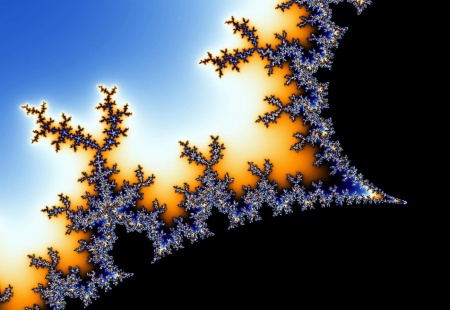Undecidability
|
The JC’S favourite Big Ideas™

|
Undecidability
/ʌndɪˌsaɪdəˈbɪlɪtɪ/ (n.)
Epistemology: The pickle you get in when you manage to prove, by consistent and correct application of axioms in a closed logical system, that one cannot definitely prove anything, purely by consistent and correct application of axioms in a closed logical system. The inherent paradox at the heart of the enlightenment. The set of all sets whose members do not include themselves both does, and at the same time dies not, include itself.
Kurt Gödel’s earth-shattering idea, from his 1931 incompleteness theorems, that it is impossible to prove all axioms in a closed logical system, which in turn means it is possible to know everything and determinism is false. Hoorah!
The theorems are widely interpreted as showing that Hilbert’s program to find a complete and consistent set of axioms for all mathematics is impossible.
The first incompleteness theorem states that no consistent system of axioms whose theorems can be listed by algorithm can prove all truths about the arithmetic of natural numbers. For any such consistent formal system, there will always be statements about natural numbers that are true, but unprovable within the system.
The second incompleteness theorem goes on to prove that, therefore, no consistent system of axioms can prove its own consistency.
Before you knew it, rice pudding and income tax.